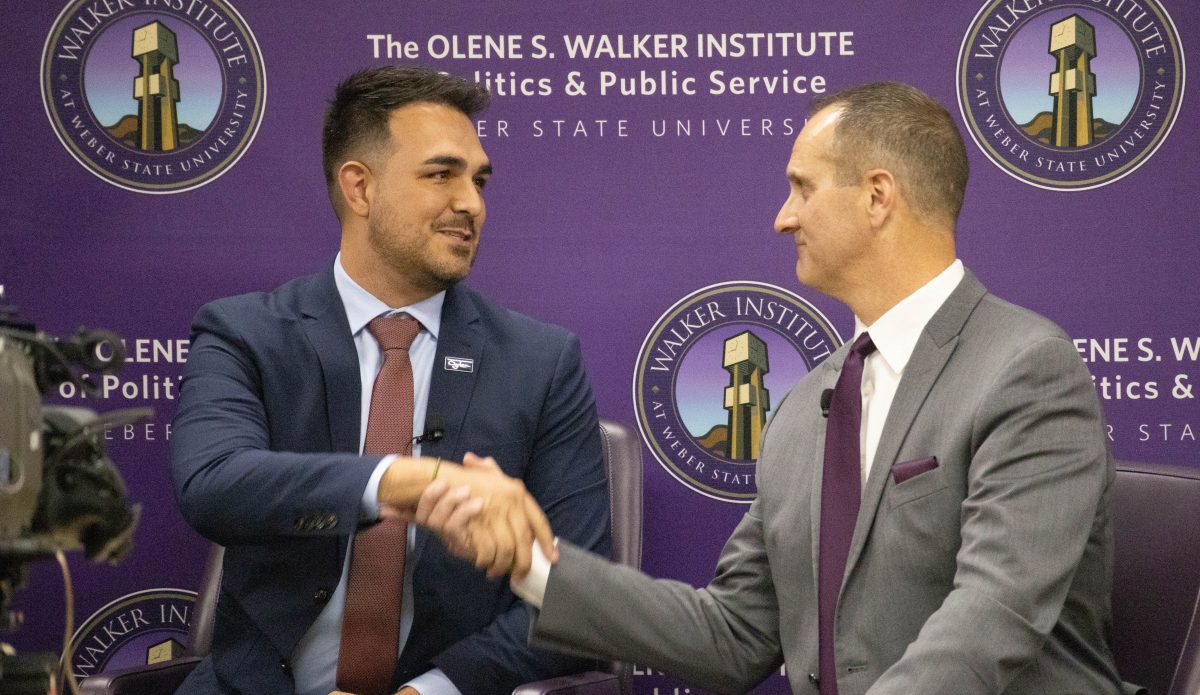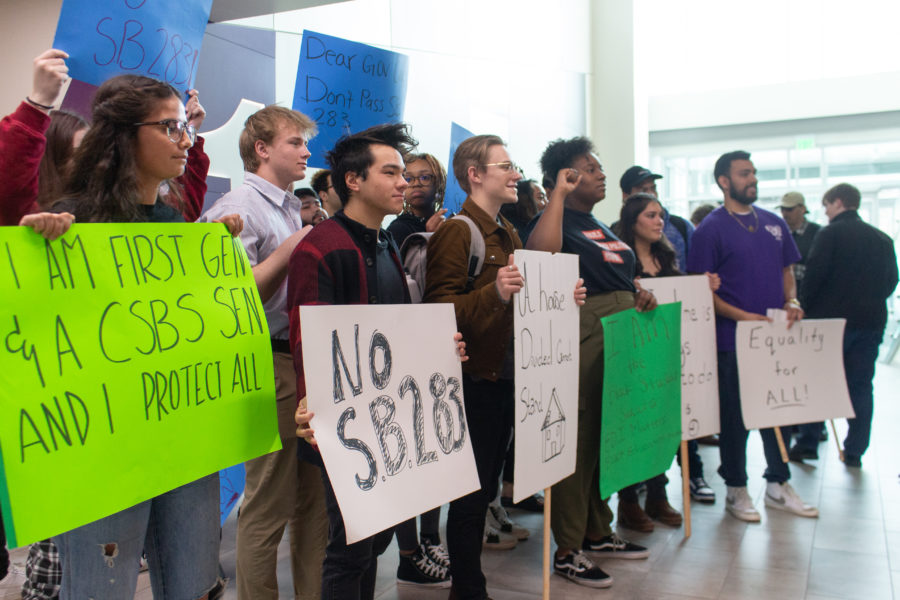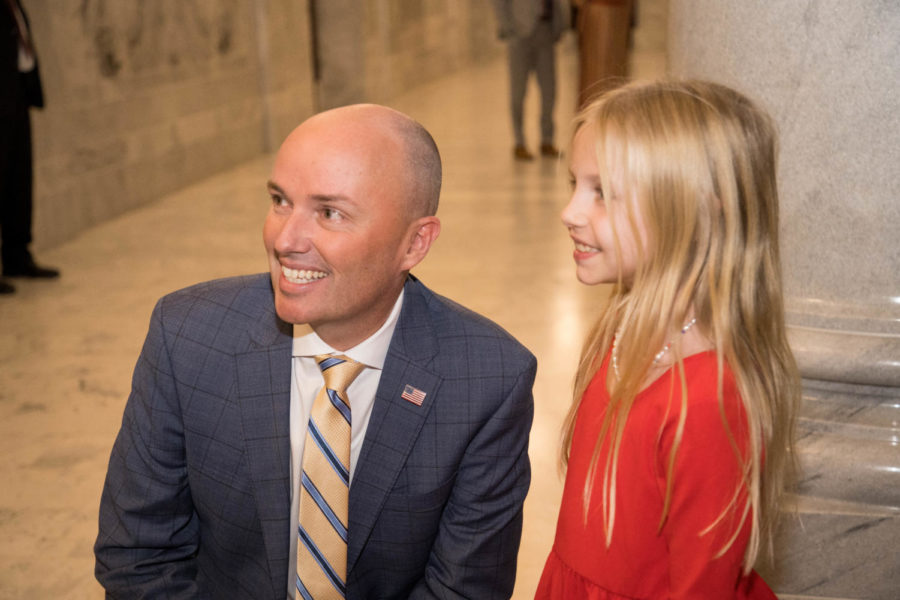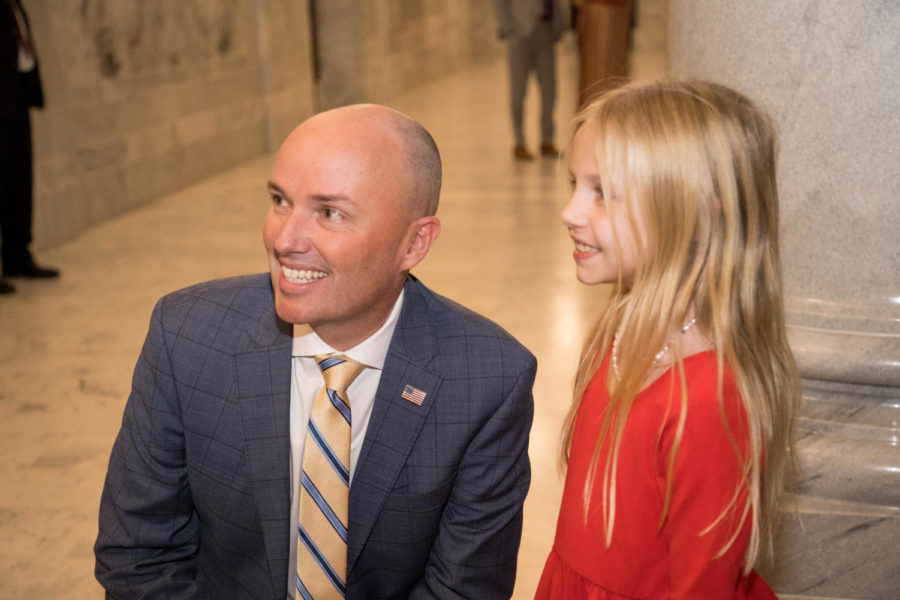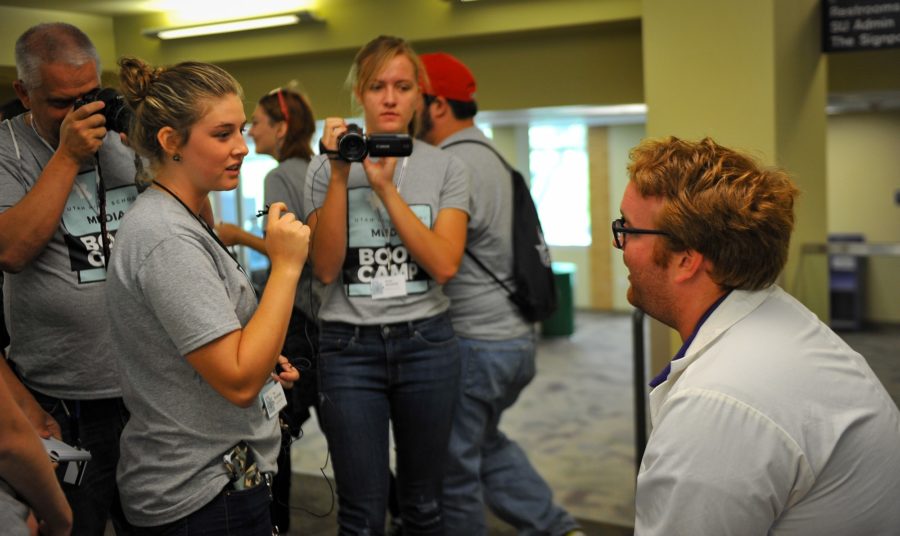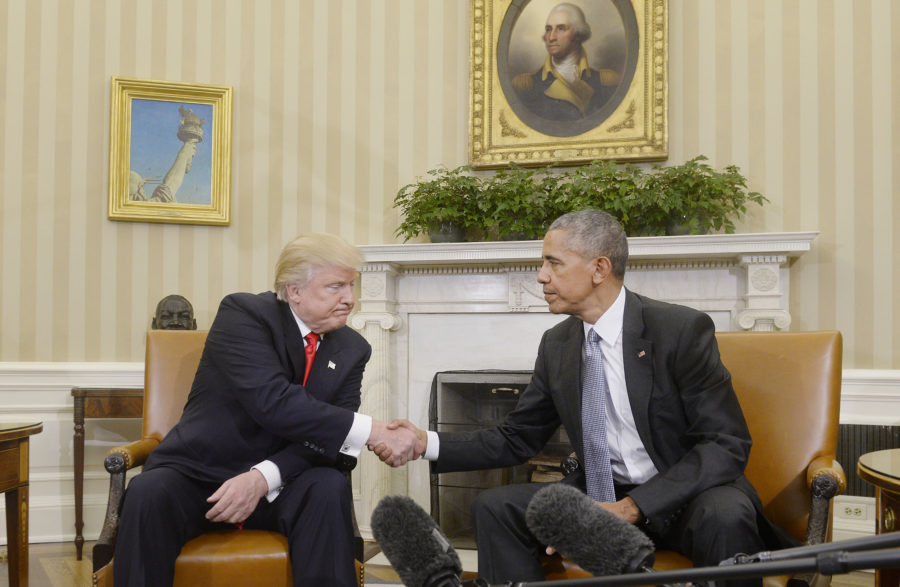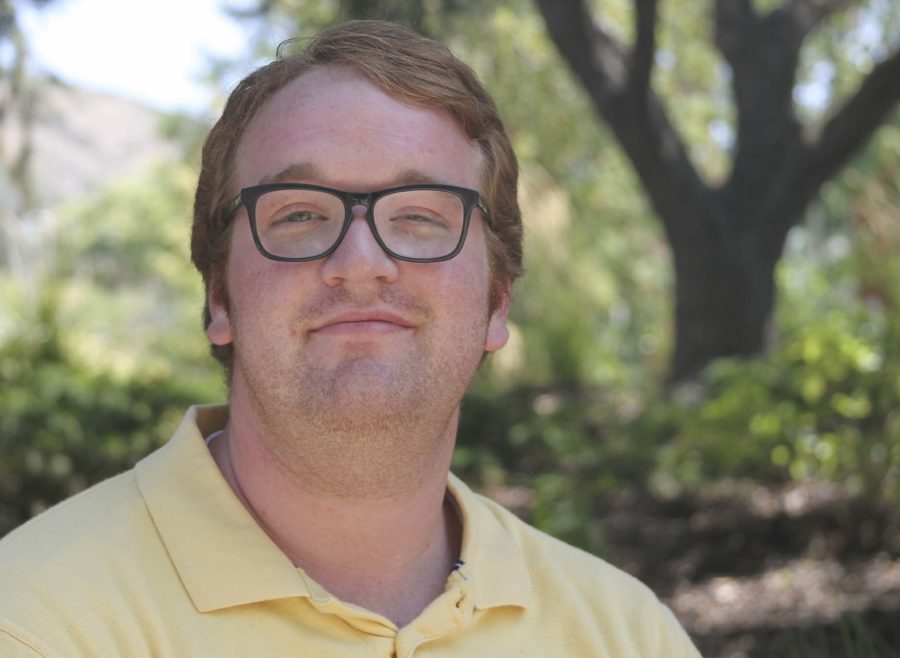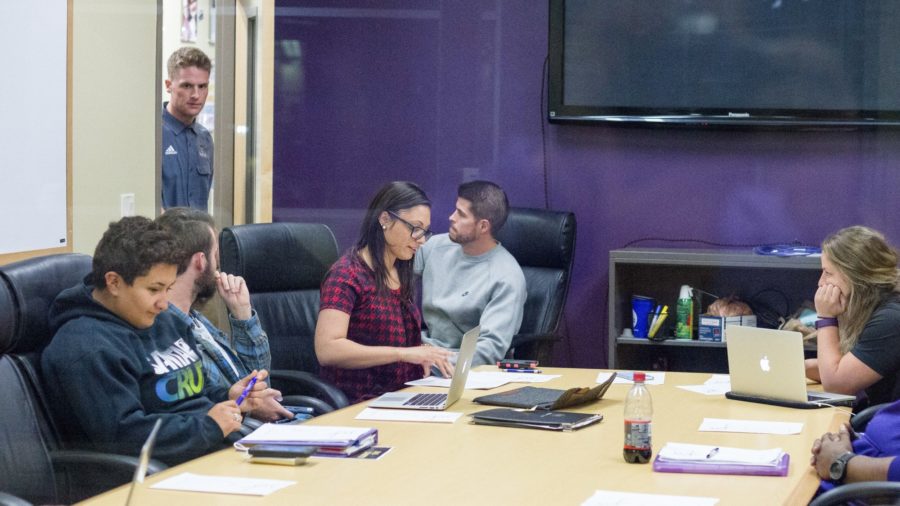If there’s one thing that’s consistent about the news in every country, it’s that you can’t trust what it tells you.
We’d like to believe the driving belief behind news here in the United States is getting out important facts to the public. For many journalists, that’s the ultimate goal. But for many organizations, the ultimate goal is to get to you the news they want you to hear. Which is quite often not the news as it actually happened.
This is especially true in countries like China and Russia, where the government closely monitors and censors all its media, including news outlets. During the mass stabbings in China earlier this week, Chinese journalists later reported on social media networks that, within minutes of the event, the government issued a gag order to all media outlets and reporters.
Chinese news outlets were then told to run an official version of the story written by the government, a story which gave certain impressions and facts the government wanted out there. Such as how everything was perfectly fine and safe, so as not to cause panic. Such as who they believed to be behind the stabbings, so as to direct the public’s eye onto a certain group of people. What the Chinese public and the rest of the world is left with are shadowed half-truths.
Twisting news stories to get a desired response and cater to a government and society’s belief system happens in every country. Even here in the United States — perhaps not quite to the extent of censor-heavy countries, but it’s still utterly obvious when you know how to look for it. Many social media circles point out the difference between worldwide and the U.S. Time magazine covers, for starters. When the worldwide edition talked about global warming, the U.S. edition talked about something else entirely.
A few days ago, an American reporter on Russia TV, a Russia-funded news organization, openly admitted to her organization’s twisting of the news to throw Russia’s actions in Ukraine in a positive, watered-down light. She then quit on live TV at the end of the broadcast. Russia, of course, denounced her move as a political stunt.
It was much more likely a frustrated journalist watching her organization quietly go along with unethical practices. As she was American and based in America, she didn’t have to fear suffering fairly severe repercussions from the Russian government for her move. It’s not uncommon to find such unethical tactics in any career field. It’s a little less common to see people getting noticed for whistleblowing so loudly.
Whether we like it or not, most people in general are often more concerned about their wellbeing, such as having a decent-paying job, than they are about their ethical responsibilities. We can’t fault them for behaving like other people. But when the time does come up in our careers and lives, as it surely will, we can only hope we’ll be able to do better. At the very least, the first step is being able to recognize the problems for what they are. Although there will always be people like the Russia TV reporter who are trying to keep journalism ethical, don’t always believe what you hear on the news.









